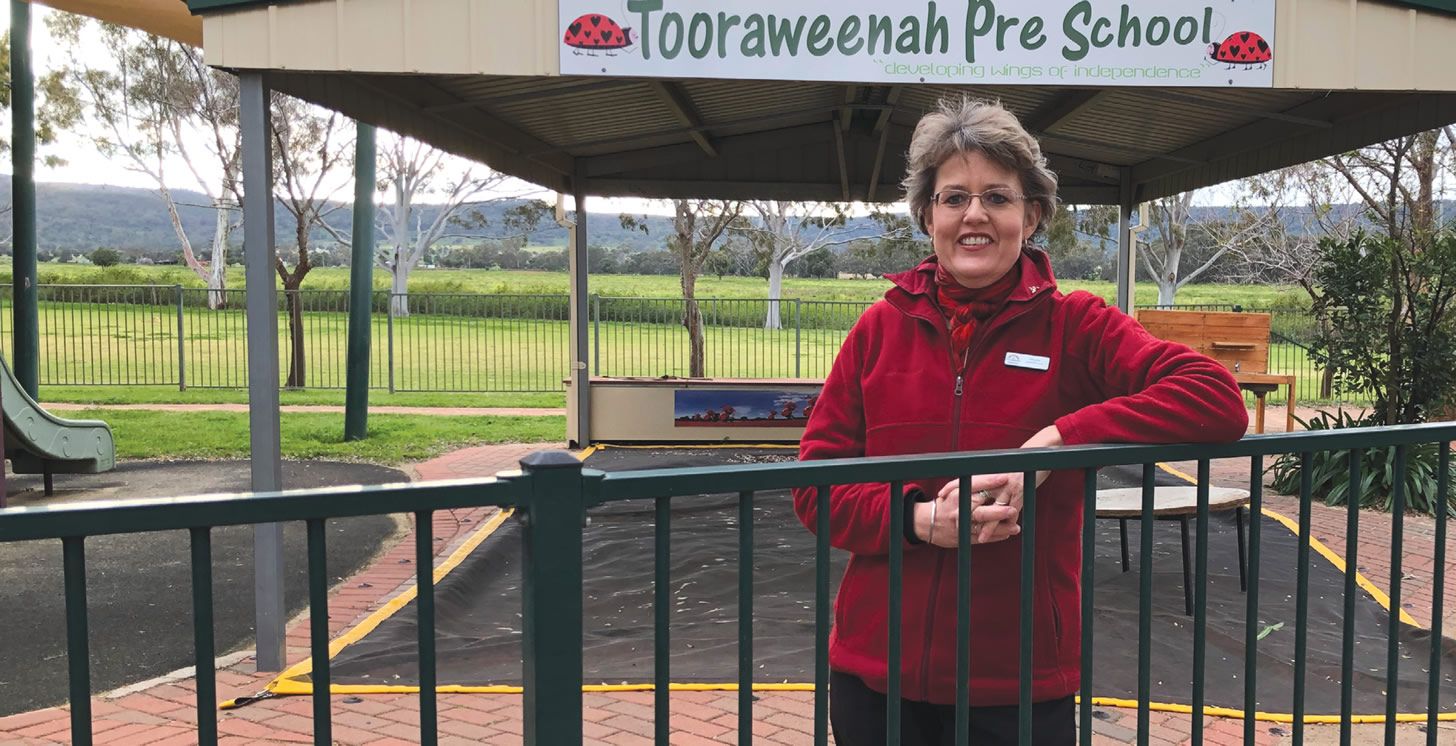Marie considers pay parity for university-trained early childhood teachers with teachers in primary schools to be a top priority. So does the IEU. The union has been pushing for this relentlessly through pay equity and work value cases in the Fair Work Commission that are still in train.
Enterprise agreements in centres are also crucial, Marie says, along with the sector’s viability through adequate funding. Writing in The Australian on Thursday 13 August, commentators Fiona Stanley and Richard Denniss are unequivocal about the benefits of funding quality childcare properly, particularly in the economic recovery from the coronavirus recession.
“Imagine if we employed people to build new childcare centres, and people to work in them as well,” they write. “Investing in high-quality childcare directly creates jobs in the short term, boosts the labour force in the medium term and improves productivity in the long term,” they write. Well-funded childcare employs more people (mostly women) and allows more people to work (again, mostly women). And that’s before we even get to its many long-lasting benefits for children.
Increasing workloads are another issue, Marie says, particularly the expectation many early childhood teachers experience to take on added administrative duties.
Marie sees nothing but upside in being an IEU member and rep, including professional development opportunities, the sharing of knowledge through the union’s newspaper and journals (Bedrock and IE), and the annual Early Childhood Conference (cancelled this year for the first time due to the coronavirus).
She also appreciates the ready availability of the IEU’s organisers. “You can contact an organiser about any professional or industrial question and get answers and advice or even a visit if you need it pretty much immediately,” she said.
“Keep being loud and proactive. I love the IEU, all that they stand for, and all they do.”








































































































































